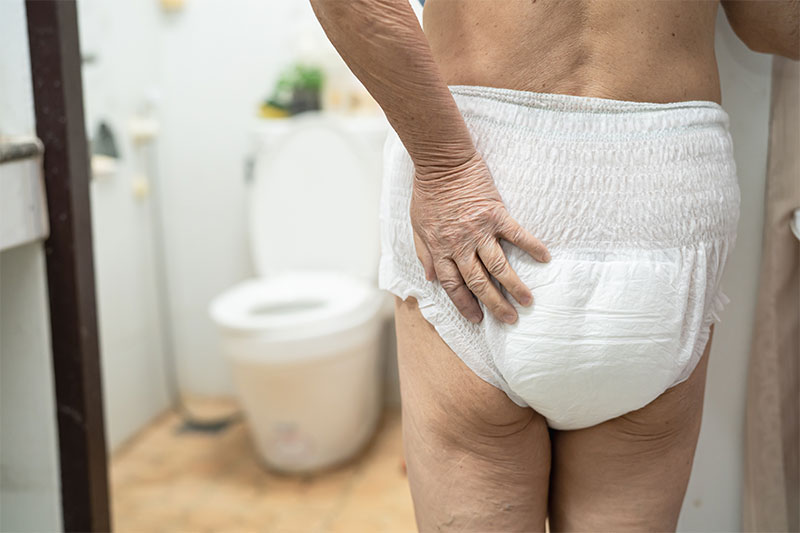
One of the things that happen when you age is worrying about signs of dementia. Not everyone who ages ends up with the condition, but it is something that those who are aging worry about for a good reason. Each time they become forgetful, they wonder if it is the onset of dementia. However, that is not always the case. Sometimes being forgetful alone is not a sign of dementia. You can become forgetful as you age but do not end up with the condition. There are other signs of dementia that go beyond memory loss or change in behavior.
Your bodily functions begin to change as well, and if you are having to go to the bathroom all of the time to urinate, then that can be a sign of dementia. Even if you are not forgetting anything, or your behavior is not changing, you will want to keep an eye out on your health if you are dealing with urinary incontinence.
Urinary Incontinence Can Be A Sign Of Dementia
In fact, the first sign that often comes when it comes to dementia is urinary incontinence, and then fecal incontinence follows once dementia progresses. That is extremely troubling in every way for someone who has the condition. It is troubling socially and psychologically and it is also very stressful for caregivers and families of those who have dementia.
It is also important to know that certain factors will increase the chances of urinary incontinence that is tied to dementia such as the regular use of anxiety medication and sleeping pills. That is because those medications can cause the bladder to relax. Additionally, if you are wearing clothing that is restrictive that you cannot easily remove, that can also be another factor that can increase this complication. If you have had colon surgery or a hysterectomy then that also can increase the chances of this condition happening.
It Is A Challenge To Face These Accidents
When dealing with dementia, these bathroom accidents are common even though it is embarrassing. There is absolutely no reason for the patient who is facing these issues to feel ashamed and embarrassed even though it is unsettling and disheartening. And it is also a challenge for those who are caring for a patient with dementia. The best thing to do is to offer the patient as many bathroom breaks as possible so it can decrease the chances of having an accident.
If you are happening to care for someone with dementia who is losing bladder control often, you will want to ensure that the bathroom is easily accessible and be sure to keep encouraging them to use it as often as possible. And pay attention to nonverbal cues such as pacing, making faces, and being restless because those are signs that a bathroom break may be needed. It is also very important to get the patient to drink as much water as possible.
It Is Essential To Drink As Much Water As Possible If You Have Dementia
The reason is it essential for those with dementia to drink as much water as possible is because dehydration can increase urinary tract infections and that will increase the risk of incontinence. The ideal number of glasses of water to drink daily is six to eight glasses. It is also essential to cut back on caffeine such as chocolate, coffee, caffeinated tea, and energy drinks. That will also increase the urge to urinate.
The best thing to do is to drink plenty of water, eat a healthy diet, and get plenty of physical activity to help increase good bladder health whether there is a risk of dementia or not.


